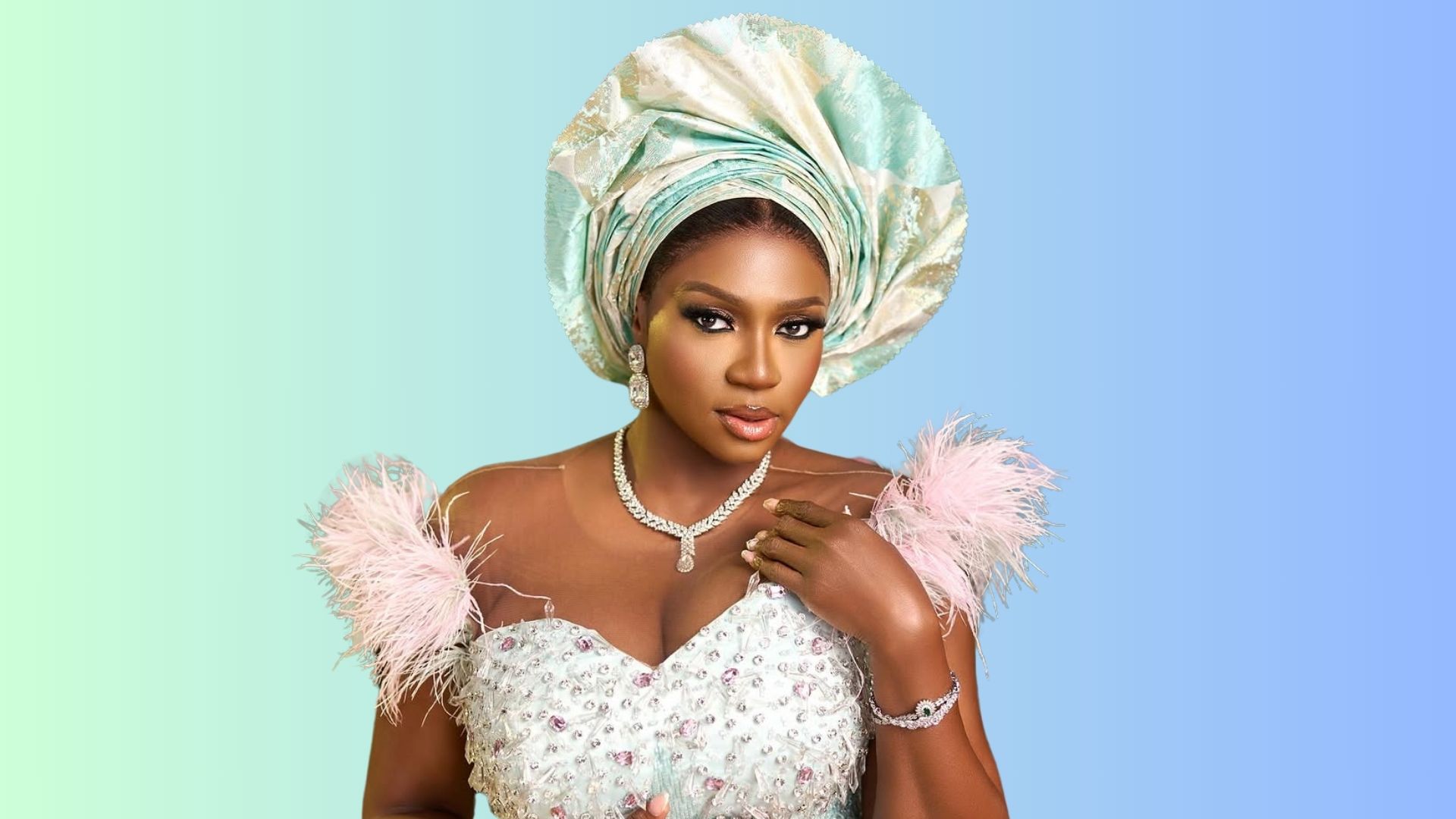Between the Choir and the Club: Gospel Roots, Secular Paths, and the Cost of Calling

There’s a quiet irony in the story of Nigerian music. Many of the same voices that now echo through clubs and global charts first learned harmony inside church halls, under fluorescent lights, surrounded by choirs that shaped their earliest sound. Yet, years later, those same artists often find themselves standing on very different stages not because they lost faith, but because they found something else: purpose, fulfilment, or maybe just themselves.
Ric Hassani’s recent revelation opened that conversation again. And this time, it hit deep.

Ric Hassani: “It’s Not About Money. It’s About Fulfilment.”
In a heartfelt interview with Hip TV, Ric Hassani peeled back a truth that many artists quietly carry. He said, “Gospel is beyond singing. You have to be blessed to interpret God’s words through music. For example, there’s no way a Katy Perry would communicate God’s words the way CeCe Winans does. I feel CeCe is blessed with being able to communicate the Holy Spirit through music. Whitney Houston is blessed in a different way.”
Then he added what became the heart of the debate:“People leaving gospel music for secular music is not about money. Everybody likes money. But the real fulfilment is being able to do it and exist doing it. Even the Wizkids, the Burnas, the Davidos if it was really about money, Davido has no business doing anything again because he has all the money he would ever need.”
For Hassani, this was never rebellion it was clarity. He still keeps a gospel song in every album, but as he put it, “If I enter church music now, I fit no bang. It’s not my thing.”

Rema: “Life Was Tough in Benin.”
Long before “Calm Down” became a global anthem, Divine Ikubor the world now knows him as Rema was a church boy, performing in a gospel rap group in Benin.
In his words:
“I was still in Benin when that switch happened. A lot of people thought that when I got signed, I started deviating. No. Life was tough in Benin. I’m not that guy to ask people in church to pay me because I’m doing God’s work.”
He went on, his voice heavy with memory: “I started going to competitions, bars, lounges, political rallies just trying to get on a stage and hold a microphone, to at least get sprayed some money to come back home and feed my family, because we were going through tough times. I lost my father and brother, and I needed to come through for my family.”
He admitted that the transition was not easy: “It was weird for me and most especially for my mum because she was well known in church. I didn’t do much explaining. I just told her to trust me.”
That was the beginning of a new chapter one that carried the fire of gospel passion into the broader, sometimes darker, world of pop.

Timi Dakolo: “I’m Not a Gospel Artist. I’m a Creator of Art.”
If there’s any artist who embodies grace in transition, it’s Timi Dakolo. Known for his soulful voice and thoughtful lyrics, Timi’s foundation is unmistakably spiritual, yet he has always refused to be boxed into one corner of the industry.
In an interview, he made it clear: “I am not, by any chance. I always say to people, is there a gospel banker or architect? It is you that decided that is what you want to do. Art is art. I’m just an artist. In fact, I’m not an artist; I’m a creator of art.”
He continued, “‘Great Nation’ and ‘Wish Me Well’ are not wedding songs. If you listen to my new album, you’ll hear my diversity. ‘Men of the South’ is a song about cultural pride.”
And when churches criticized gospel artists for charging fees, Dakolo responded firmly: “I’m not a gospel artiste but a Christian raised in church. Let’s not shift the goalpost. If anyone charges to minister, they are performers? Then by that definition, any preacher who charges to teach is a motivational speaker too.” He never abandoned faith he just redefined expression.
ALSO READ:
-
Best Nigerian Gospel Songs to Chill With This Sunday
-
Mercy Chinwo’s New Music Video “When You Say A Thing” Sparks Hope with a Stirring Visual Tale
How Their Backgrounds Shape Their Lyrics
You can still hear the church in their music, even when the lyrics have changed.
-
Rema’s songs carry undertones of survival and redemption a young man balancing fame with faith, sin with soul. His pain bleeds into his lyrics, his hope hides between the lines.
-
Timi Dakolo’s melodies echo a deep moral compass. “Great Nation” feels like a modern psalm. “Everything (Amen)” sounds like a prayer wrapped in rhythm.
-
Ric Hassani, though secular, still sprinkles light into his lyrics. His words carry gentleness, empathy, and a sense of reflection that could only come from someone raised in the presence of worship.
Their backgrounds didn’t vanish. They evolved.
- Other names often come up in this discussion: Waje, Omawumi, Saint Janet, Tosin Martins artists who started with strong gospel / church roots but moved to mixed, mainstream, or secular works. Some shift back and forth.

Public Perception: Faith vs Fame
Every time an artist crosses over, reactions follow both from fans and the faith community.
Some see courage.
They argue that music, whether sung in a church or on a concert stage, can still carry spirit and truth. They quote the Bible’s “Go into the world,” not “Stay inside the church.”
Others see compromise.
They believe the sensuality, lifestyle, and lyrics that come with secular fame can blur conviction and water down testimony. When a gospel-born artist sings about lust or luxury, it sparks discomfort, even disappointment.
On social media, comments range from empathy to critique. One user wrote under Ric Hassani’s interview, “Purpose over profit. Finally, someone said it.” Another said, “You can’t tell me God called you to sing about women and whiskey.”
It’s a tug of war between understanding and judgment between faith and freedom.
Faith Doesn’t Disappear -It Transforms
Interestingly, many of these artists never claim to have abandoned faith. They still pray before shows. They still talk about God in interviews. They just express it differently.
For some, gospel was never the cage it was the foundation. The structure they had to outgrow to find their own rhythm.
When Rema says, “I just told her to trust me,” and Timi insists, “Art is art,” they’re both saying the same thing: their faith didn’t fade; it evolved.
The Bigger Picture
What this really reveals is a deeper struggle within Nigerian music one that mirrors the struggle within the country itself: how to stay true to one’s roots while reaching for the world.
From the choir lofts of Benin to Lagos studios pulsing with Afrobeats, these artists carry their history in their harmonies. They may no longer wear the label “gospel,” but the echoes of the altar still live inside their art.
So maybe the story isn’t about losing faith. Maybe it’s about learning that sometimes, purpose grows louder outside the church walls.
ALSO READ:
-
Reason People Cheat on a Partner they truly Love
-
Key Steps to Maintaining a Healthy Relationship.
-
“How Many Squats Should You Do by Age? Nigerian Experts Break It Down”
-
5 Healthy Habits for Busy Nigerians Who Want to Stay Sane and Sharp

Desauce Magazine is more than a blog, it is a cultural journal capturing the rhythm of Nigeria. From music and film to lifestyle and social issues, we tell stories that reflect the energy, struggles, and brilliance of our people.




droversointeru
2 months agoI’m really enjoying the theme/design of your web site. Do you ever run into any browser compatibility issues? A couple of my blog audience have complained about my site not working correctly in Explorer but looks great in Safari. Do you have any tips to help fix this issue?